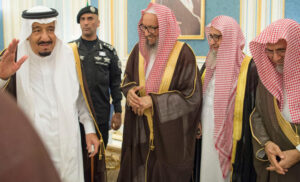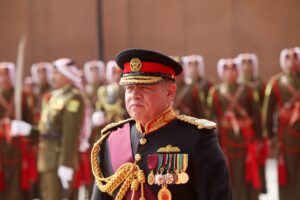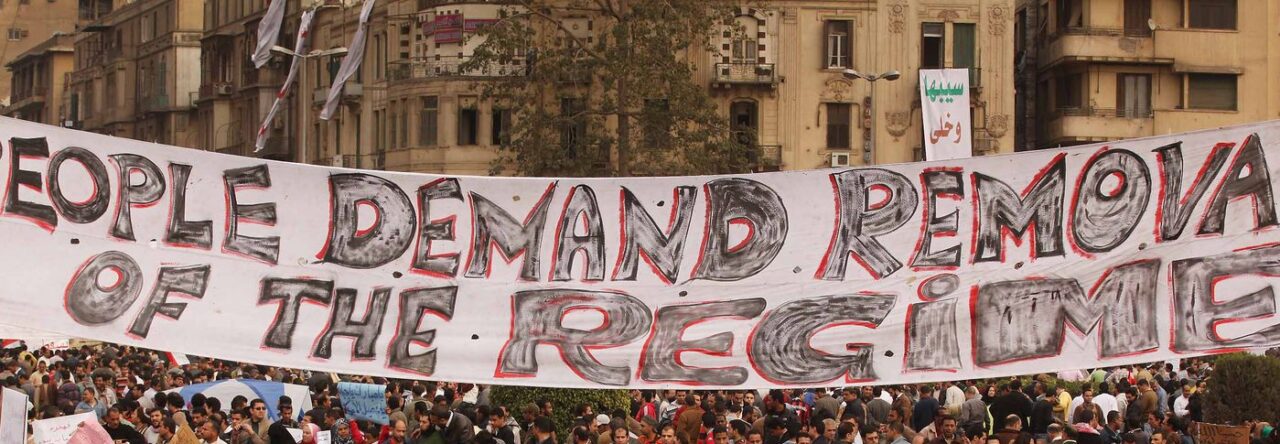Across the Middle East and North Africa (MENA) region, monarchs find themselves contending with an exceptional set of challenges. These challenges, arising from the interaction of political, economic, and social factors, pose a significant threat to the continuity of monarchical rule. However, MENA monarchies also have instruments and mechanisms at their disposal that enable them to navigate these challenges. Here, we will delve into some of the factors challenging the preservation of their rule, as well as assets that empower these regimes to effectively manage and counter these obstacles.
Foremost among these challenges is the issue of economic sustainability. The economies of these monarchies are deeply tied to oil revenues, making them susceptible to global oil price fluctuations. A prime example of the economic challenge was Kuwait’s experience following the Gulf War, which showcased the economic turbulence that external shocks can trigger. Yet, it’s essential to recognize that their substantial financial reserves and resource wealth have served as a buffer, allowing them to withstand economic storms and maintain stability.
Another profound challenge they face is the task of managing social pluralism. Middle Eastern monarchies actively encourage social pluralism, tolerating political pluralism and even fostering social mobilization among diverse social groups. Like, the Saudi monarchy traverses this web of interest groups and power centers within its society to maintain the status-quo, yet still at points have faced difficulties because of this.

Intriguingly, political liberalization, often used as a tool to preserve regime stability, can paradoxically lead to heightened demands for political participation and democratic reforms. The initial phases of political liberalization in countries like Kuwait and Morocco sparked increased calls for broader public involvement in the policy-making process, reflecting aspirations for more political openness.
The close relationships that Middle Eastern monarchies have nurtured with global superpowers, primarily the United States, introduce yet another layer to this situation. The example of Kuwait, which reclaimed control with U.S. aid following the Gulf War, emphasizes how these close ties with foreign powers have upheld the current situation while also generating criticism of the monarchies for prioritizing foreign interests over their own citizens’ needs.
Conversely, these monarchies boast strengths that bolster their resilience. Their substantial wealth, primarily hinging on oil and natural resources, grants them with significant financial capacities for economic stability. Furthermore, their institutional flexibility allows them to introduce incremental reforms or adapt to shifting circumstances without risking regime collapse.
These regimes maintain a firm grip over their security apparatus, with royal family members frequently holding key positions within the military. This ensures domestic stability and helps contain potential opposition. Jordan is a strong example of this, wherein important posts within the security apparatus are held by royal family members and trusted aides.

Additionally, there’s a deeply entrenched monarchical identity in the Middle East that fosters allegiance among their subjects, rooted in historical and cultural significance. This identity symbolizes continuity and tradition, further fortifying these regimes.
In essence, the survival and stability of these regimes are the resultant of their distinctive characteristics and adaptability. These factors enable them to effectively address and counter the numerous challenges they face. As calls for democratization persist in the region, the MENA monarchies have demonstrated their capacity maintain their grip on power, using their distinct advantages.
References:
Battaloglu, Cihat & Fadi Farasin. 2017. “From Democratization to Securitization: Post-Arab Spring Political Order in the Middle East” DOMES: Digest of Middle East Studies 26, 2: 299-319
Geddes, Barbara. 1999. “What Do We Know About Democratization After Twenty Years?” Annual Review of Political Science 2: 115-44
Russell, Lucas. 2004. “Monarchical Authoritarianism: Survival And Political Liberalization In A Middle Eastern Regime Type” International Journal of Middle East Studies 36, 1: 103-119

Leave a Reply